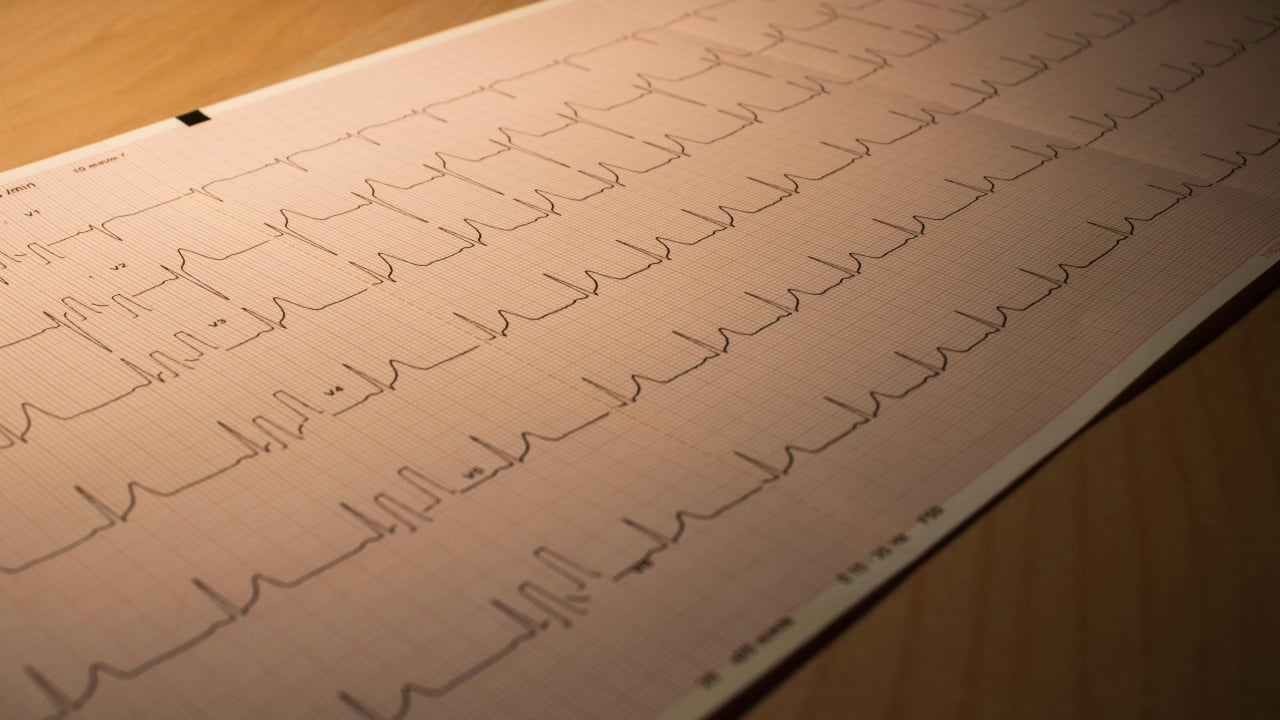Slash Your Risk: Simple Lifestyle Changes to Lower Cholesterol and Protect Your Heart

High cholesterol is a silent threat, impacting your heart health in profound ways. While genetics play a role, the good news is you have significant control over your cholesterol levels through lifestyle choices. This article explores common, often overlooked, habits that contribute to high cholesterol and provides actionable steps you can take to improve your heart health and reduce your risk of heart attack and stroke.
Understanding the Cholesterol Connection
Cholesterol, a waxy substance found in your blood, is essential for building healthy cells. However, when levels become too high, it can lead to the buildup of plaque in your arteries, a condition known as atherosclerosis. This narrows the arteries, restricting blood flow and increasing the risk of serious cardiovascular events.
The Culprits: Lifestyle Habits That Raise Cholesterol
Let's examine the key habits that can negatively impact your cholesterol levels:
- Saturated and Trans Fats: Found in red meat, processed foods, and fried items, these fats dramatically increase LDL (bad) cholesterol.
- Excessive Sugar Intake: High sugar consumption, particularly from sugary drinks and processed foods, can raise triglycerides and lower HDL (good) cholesterol.
- Lack of Physical Activity: A sedentary lifestyle contributes to lower HDL cholesterol and higher LDL cholesterol.
- Smoking: Smoking damages blood vessels, lowers HDL cholesterol, and increases LDL cholesterol. It also makes blood more likely to clot.
- Excessive Alcohol Consumption: While moderate alcohol consumption *may* have some benefits, excessive drinking can raise triglyceride levels.
- Stress: Chronic stress can negatively impact cholesterol levels and overall cardiovascular health.
Simple Changes, Big Impact: Lowering Your Cholesterol
The good news is that making even small lifestyle changes can significantly improve your cholesterol profile:
- Adopt a Heart-Healthy Diet: Focus on fruits, vegetables, whole grains, lean protein, and healthy fats like those found in avocados, nuts, and olive oil. Reduce your intake of saturated and trans fats.
- Increase Physical Activity: Aim for at least 30 minutes of moderate-intensity exercise most days of the week. Even a brisk walk can make a difference.
- Quit Smoking: This is one of the most impactful changes you can make for your overall health, including your cholesterol levels.
- Limit Alcohol Consumption: If you drink alcohol, do so in moderation (up to one drink per day for women and up to two drinks per day for men).
- Manage Stress: Practice stress-reducing techniques like yoga, meditation, or spending time in nature.
- Consider Fiber Supplements: Soluble fiber, found in foods like oats and beans, can help lower LDL cholesterol.
Beyond Lifestyle: When to Seek Professional Help
While lifestyle changes are crucial, some individuals may require medical intervention to manage their cholesterol levels. Talk to your doctor about your risk factors and whether medication is necessary. Regular cholesterol screenings are essential for monitoring your health.
Disclaimer: This article is for informational purposes only and does not constitute medical advice. Always consult with a qualified healthcare professional for any health concerns or before making any decisions related to your health or treatment.






